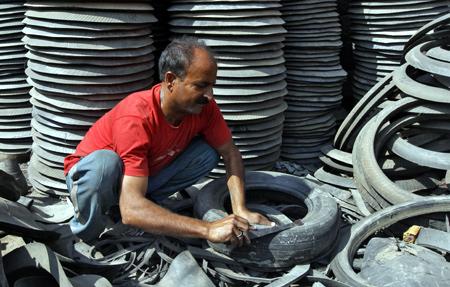
It is common knowledge that the Indian economy has not just been doing badly for over a year but is actually stumbling towards a major economic crisis.
The government seems incapable of remedial action, punch-drunk by successive scams, political weakness, internal incoherence and perhaps even sheer incompetence.
It's beginning to feel like a classic tragedy where a nasty end seems increasingly unavoidable.
All that an external observer can do is record the painful journey. The macroeconomic data that have emerged over the past couple of weeks or so all point to a worsening situation.
...
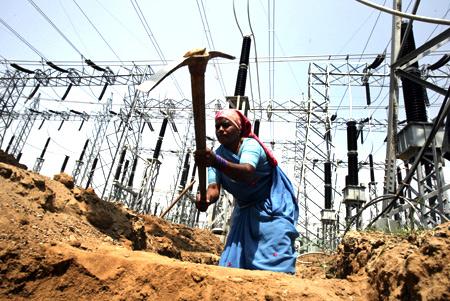
Economic growth
We now know that economic growth in April-June 2012 was 5.5 per cent, meaning that in the first half of calendar 2012 India grew at 5.4 per cent, far below the 8.4 per cent rate of 2009-10 and 2010-11, not to mention the nine per cent average of 2003-08 and an initial aspiration of nine per cent-plus for the 12th Plan period.
In fact, news reports that the Planning Commission is debating a revised target growth in the range of 8.2 to nine per cent for the 12th Plan appear sadly laughable in the current context.
Furthermore, the data for the first half of 2012 show no growth in manufacturing, barely two per cent in mining and 2.3 per cent in agriculture.
With such low growth in the main commodity sectors, it is difficult to understand how service sectors such as construction, finance and business services continue to record double-digit growth rates. Who knows, perhaps all the numbers will be significantly revised in a few months!
...
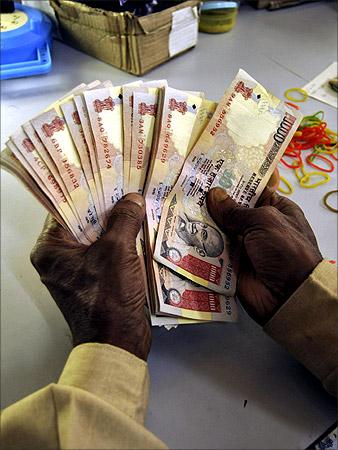
External sector
More than a month back the Reserve Bank of India (RBI) informed us that India's current account deficit in her balance of payments had swelled to a record high of 4.2 per cent of GDP in 2011-12, a major reason behind the substantial depreciation of the rupee over the past year.
Last week the commerce department released the latest trade data for July 2012, which show the dollar value of merchandise exports plummeting by 15 per cent compared to a year before.
Imports also fell, but at half that rate - yielding an uncomfortably high July trade deficit of over $15 billion. All this is consistent with our slippage in global competitiveness as ranked by the latest report of the World Economic Forum.
...
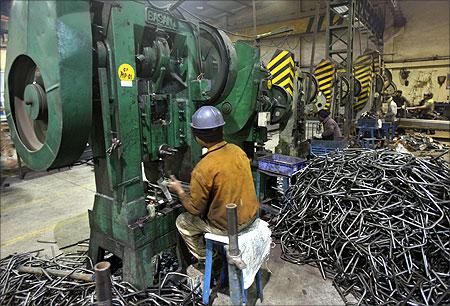
With growing likelihood of further quantitative easing in monetary policy in the US and Europe, some may feel that capital inflows into India will increase sufficiently to finance our large trade and current account deficits.
Maybe. But the disarray in our real economy and policies is discouraging foreign direct investment, and Indian equity markets look less attractive to foreign portfolio investors than quite a few other possible destinations.
A possible downgrade by major credit rating agencies would compound the problem. Furthermore, looser monetary policy in the US and Europe could be a mixed blessing for India, as it might drive up commodity prices, especially of oil and gold, thus swelling Indian imports and fiscal deficits.
...
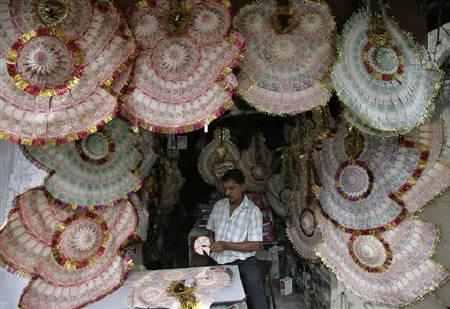
This week's release of India's external debt data by the finance ministry shows a further deterioration of key debt ratios by March 2012.
Nothing dramatic, but the trend is clearly negative, and warns against the growing recourse to external debt finance. Taken together, the latest information points to a further increase in our external vulnerability at a time when our policy capacity to deal with unexpected shocks is manifestly low.
Fiscal imbalance
Fiscal profligacy is alive and kicking. A few days back the Controller General of Accounts (CGA, not CAG!) informed us that the central government's fiscal deficit for the first four months of 2012-13 had already exceeded half of the Budget's target for the full year.
...
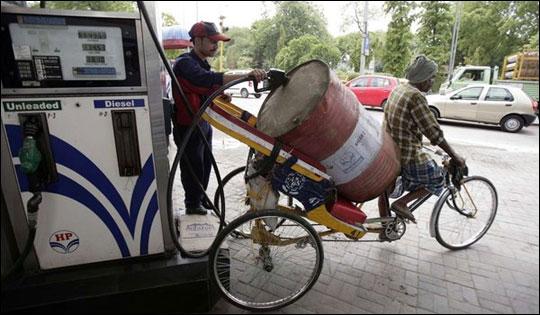
More recently, there are ominous, if unsurprising, indications of a significant deceleration in direct tax collections up through August, especially from companies, with gross corporate tax revenues stagnant compared to April-August of the previous financial year.
Despite finance ministry reassurances, tax collections for the year could fall significantly below Budget targets because of sluggish economic activity.
The real fiscal spoilsport is, of course, subsidies, especially those for diesel, LPG and kerosene, though those on fertiliser and foodgrain are also large.
Data circulated by the petroleum ministry indicate under-recoveries by oil marketing companies (OMCs) of Rs 17/litre on diesel, Rs 33/litre on kerosene and Rs 347/cylinder on LPG.
At current prices, total under-recoveries are estimated at around Rs 1.9 lakh crore or almost two per cent of GDP. Even allowing for "contributions" by upstream public oil majors, the burden on the budget is likely to be several times the budget provision of Rs 40,000 crore.
...
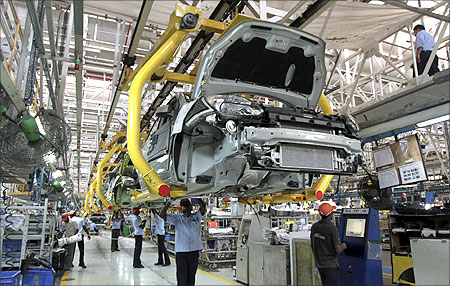
Unless the controlled prices are raised. That obvious and rational expectation has been confounded many times since the last increase in June 2011.
Even if there are some price increases, the issue remains of how much. Token increases will not solve the giant problem.
The failure to push through substantial increases will not only entail a large slippage in the fiscal deficit (and hence in the government's already massive borrowing requirements), but could also jeopardise the OMCs' operational ability to maintain adequate supplies of key distillates, with obvious and substantial negative consequences.
...
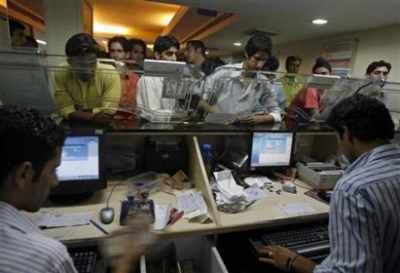
Financial sector
As economic and industrial growth has slowed, financial stress has risen. Non-performing assets of banks have grown, as has recourse to restructuring of loans by many corporate borrowers.
A fortnight back Credit Suisse released a report pointing to the high and increasing level of concentration in bank borrowers, with 10 groups accounting for 13 per cent of all bank loans (compared to one per cent by the top 10 companies in China and five per cent in Korea) and receiving over 20 per cent of the increment in bank lending in 2011-12.
Furthermore, these 10 big borrowers are also concentrated sectorally - mainly in power, mining and metals, areas with well-known special problems. Banking vulnerability has clearly increased.
...
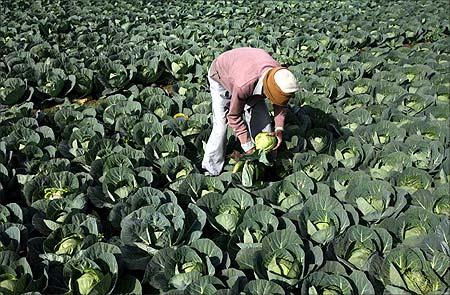
Inflation
Although headline WPI inflation dipped marginally below seven per cent in July for the first time in three years, the CPI rate of inflation remained close to 10 per cent.
So the problem of low growth coexisting with high inflation persists, reducing the probability of early and significant reductions in policy interest rates by the RBI.
...
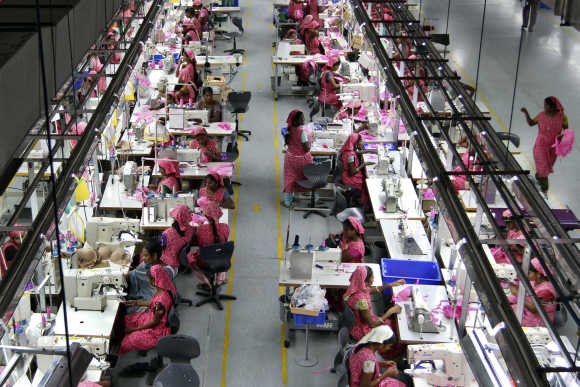
Employment
India does not have reliable, current data on employment. But what little information is available shows unfavourable trends.
Thus, a recent survey by Assocham (Associated Chambers of Commerce and Industry of India) reported in the latest India Today, shows substantial slowdowns in the growth of jobs in the urban, formal sector in April-June 2012 compared to the preceding quarter: by 31 per cent in IT services, 29 per cent in hospitality, 12 per cent in banking and financial services, 19 per cent in automobile manufacture, 26 per cent in engineering, 20 per cent in infrastructure and construction, and so on.
Similar results emerge from Ficci's business confidence survey for April-June 2012: over four-fifths of the 150 companies surveyed expected their hiring to decline or remain unchanged.
So, every macro indicator for the economy is flashing red, while we wait for the government to undertake serious corrective policies.
The author is an honorary professor at Icrier and a former chief economic adviser. These views are personal.